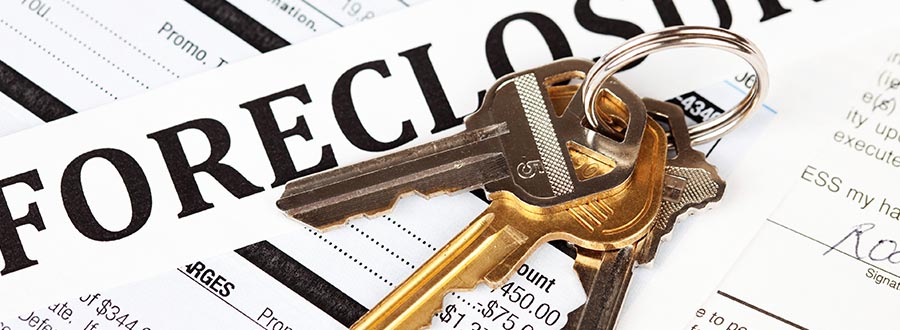Key Points
- The federal foreclosure moratorium could protect your home from foreclosure while COVID-19 financially impacts you.
- State and local moratoriums might provide additional safeguards if the federal mandate does not cover you.
- A moratorium does not affect the amount you owe or the lenders' ability to collect the debt. You remain responsible for payments due but now have more time to catch up on a delinquent account.

The pandemic of 2020 caused economic havoc but also provided an abundance of aid in the form of payment holidays, expanded unemployment, direct payments, and legal protections like moratoriums. In fact, there is so much assistance available it can be hard to determine what you qualify for and what each program offers and protects.
Moratoriums are one such protection. While a moratorium is in place, lenders and loan servicers cannot pursue legal action to foreclosure on your home. However, the protection does not offer any payment relief or assistance. To get help, you must contact your lender directly. Many mortgage holders offer forbearance or other programs that extend a temporary break on your mortgage payments. Before the forbearance stops, you must make payment arrangements if you want to protect your home from foreclosure.
What is a Foreclosure Moratorium?
A foreclosure is a legal process lenders use to reclaim your home and sell it to satisfy a delinquent mortgage balance. Federal and state guidelines limit when and how a lender may take your home to pay the debt.
The coronavirus pandemic, which started in 2020, led to new consumer protections that prevent lenders from starting the foreclosure process through a moratorium. The current suspension denies the bank of its legal right to take your home if you stop making payments. Under the moratorium rules, a lender may not begin foreclosure proceedings or take any action that would result in the loss of your home.
Consumers facing financial hardship may enroll in a forbearance program, allowing them to miss payments without the threat of losing their home. Loans in forbearance are not eligible for a foreclosure, regardless of any moratoriums in place. However, when the forbearance ends, if you do not make arrangements to bring the account current, the bank could start the foreclosure process when the moratorium ends.
What Are the Current Moratoriums in Effect?
In January 2021, President Biden extended the foreclosure moratorium on federally backed mortgages until June 2021. The executive order also allows consumers who were in forbearance before June 30, 2020, to extend it for up to 18 months. States have also instituted laws around foreclosures. You can look up the actions taken in your state here.
What Loans Are Affected by The Moratorium
The foreclosure moratorium does not affect all mortgages. The executive order specifically includes borrowers negatively impacted by COVID-19 who hold federally backed loans. The order covers FHA, USDA, VA, and conventional loans guaranteed by Fannie Mae or Freddie Mac.
Privately held and commercial loans are typically not protected. However, state moratoriums, court closures, and court delays could impact foreclosures not directly covered by the suspension.
How the Moratorium Affects Your Mortgage
- How much you owe: The moratorium (and a forbearance) does not change the amount you owe. Interest continues to accrue, and the balance due continues to grow.
- Late payments: The CARES Act forbids companies from charging late fees on accounts in forbearance. Failing to enroll in a forbearance and missing payments could result in late charges on the account.
- Your credit score: The CARES Act requires loan servicers to report your account as current if you are in a forbearance and were up-to-date before the pandemic began. Missing payments without contacting your lender or failing to catch up on a previous delinquency will result in late payments reported to your credit file, even though they cannot currently foreclose.
- Foreclosure proceedings: Federal law requires a loan servicer to wait until the account goes at least 120 days without a payment. The current moratorium prevents companies from foreclosing even if the account meets this threshold.
Final Thoughts
While a loan servicer cannot currently foreclose on your home, you should have a plan to catch up on the account before the moratorium ends. Loan servicers can discuss your options and help you stay in your home if you have rectified your financial hardship. If you continue to face financial hardship, reach out to state or local agencies for help with your mortgage payments.
